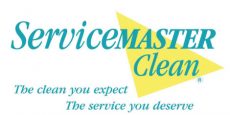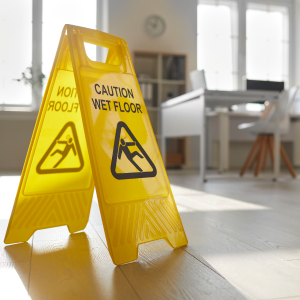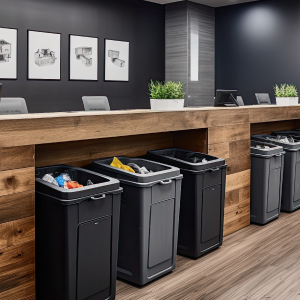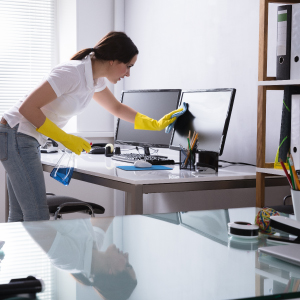The number of working hours lost to absence through illness rose to 2.6% in 2022 – the highest number since 2004. Main reasons for absences were minor illnesses such as gastrointestinal upset or respiratory illnesses which accounted for 29.3%. Offices tend to provide ideal conditions for germs and viruses to spread and so taking steps to prevent this reduces the potential for staff absences.
- Working hours lost to illness rose to a record high 2022.
- Minor illness accounts for most absences.
- Offices and workplaces can provide an ideal environment for germs to spread.
If you’ve been noticing a lot of coughs and colds around lately then it’s not really surprising. According to figures from the Office for National Statistics, the percentage of lost working hours due to sickness last year was at the highest at had been since 2004. In fact, there was a rise of 185.6 million on the year before.
Not surprisingly, minor illnesses such as nausea, upset stomachs, coughs and colds were the main culprits. Not only is this unpleasant for the people suffering from illness (not to mention their co-workers), this loss in productivity costs significant amounts of money – around £27 billion per year.
It makes sense then, that cleaning the places where people are working together in close proximity (such as offices) should help to minimise the spread of germs, minimise staff absence, and minimise loss of revenue.
In fact, studies reveal that many areas of communal use have more bacteria than a toilet seat.
So which areas need proper regular cleaning, and how should you do it?
- The office kitchen is a highly used communal area so the sink can be a real germ-trap if it’s not properly sanitised throughout the day. A weekly clear out and wipe of the office fridge should at least keep the smells of co-workers’ questionable lunch choices at bay, but a proper deep clean every month should have a similar effect on any lingering bacteria. The same goes for the microwave which should be deep cleaned every week and have the door wiped regularly, preferably after every use.
- Keyboards are an inevitable magnet for germs as many hands that have picked up many germs from many places in the office will end up back at the keyboard. However, keyboards obviously can’t be tackled with warm soapy water so they should be cleaned at least once a week with a microfibre cloth.
- Fixed telephones will gather germs and pass them on from hand to hand as different people use the phone. Again, a damp microfibre cloth at the end of the day or at least twice a week should wipe away the germs.
- Office chairs may not spring to mind as the most obvious germ-trap, but they get a lot of handling, so they too should be wiped down weekly and most of them can probably stand a bit of warm water. They’ll certainly be more appealing places to sit if they’re cleaner.
- Door handles are one of the most neglected but most touched areas of the office on a daily basis. They should be cleaned and disinfected at least twice a week.
- Finally, the office washrooms contain communal soap dispensers, sinks, taps, and hand dryers that get intensive use. While everyone hopes that each individual’s standards of hygiene are high, these surfaces are in high-risk areas for the spread of bacteria. Regular cleaning and disinfecting is essential at least weekly and preferably daily.
Ultimately, the best way to ensure that the office is clean and minimise staff absence due to minor illness is to use the services of a professional cleaning company who are experts in office cleaning, work to high standards, and can provide a full range of infection control measures.







